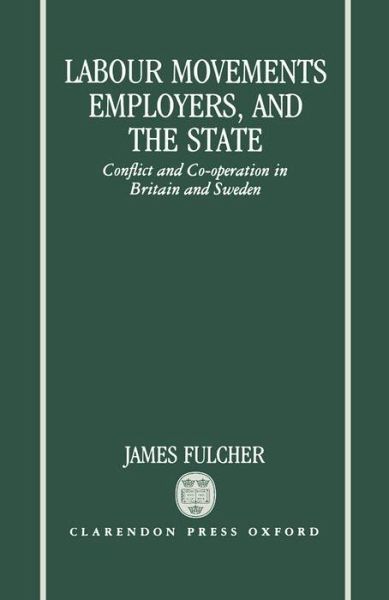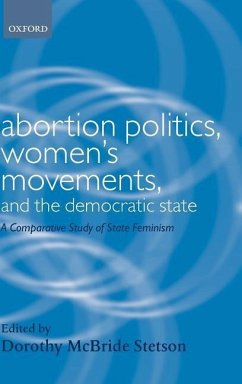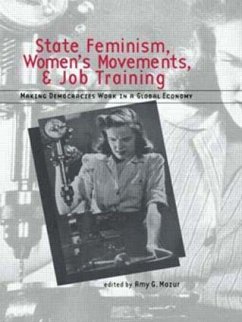
Labour Movements, Employers, and the State
Conflict and Co-Operation in Britain and Sweden
Versandkostenfrei!
Versandfertig in 1-2 Wochen
199,99 €
inkl. MwSt.

PAYBACK Punkte
100 °P sammeln!
This comparative study uses Barrington Moore's notion of 'suppressed historical alternatives' to reassess theories of industrial conflict, class organization, and state intervention. It explores the origins of organizational differences in the emergence of labour movements and the employer counter-attack, emphasizing the strength of Sweden's neglected craft unions and the forgotten attempts by British unions to build Swedish style national federations. It examines the strong tendencies towards state control in Sweden and repeated British efforts to establish joint central regulation, which have been similarly overlooked. Unfashionable institutionalist explorations of the Swedish labour peace are defended but it is also argued that the Swedish system of regulation was self-undermining. The book analyses the failure of corporatist integration in both countries and the ensuing struggle between left and right alternatives. The attempt to bring about economic and industrial democracy in Sweden, the decline of the British unions, and current tendencies towards a neo-liberal convergence, are all discussed.
In this comparative study, Fulcher reassesses existing theories of industrial conflict class organization, and State intervention, taking the history of industrial relations in Britain and Sweden as a case study. Using Barrington Moore's notion of "supressed historical alternatives," the author explores the origins of the organization and institutional differences between the two countries, finding unexpected and overlooked parallels in their histories; he analyses the attempts to establish corporatism in both countries, their eventual failure in Sweden as well as in Britain, and the ensuing struggle between alternatives offered by the left and the right.












